Sometimes it’s hard to let go.
I have plenty of old clothes in my wardrobe. Some are now too small; others are simply worn out, complete with holes or missing buttons. A few of the T-shirts hold sentimental value – they remind me of my younger days, the places I’ve travelled to and the people I’ve met along the way.
The clothes are stuffed in the back of the shelf because I’m not prepared to throw them away or turn them into rags.
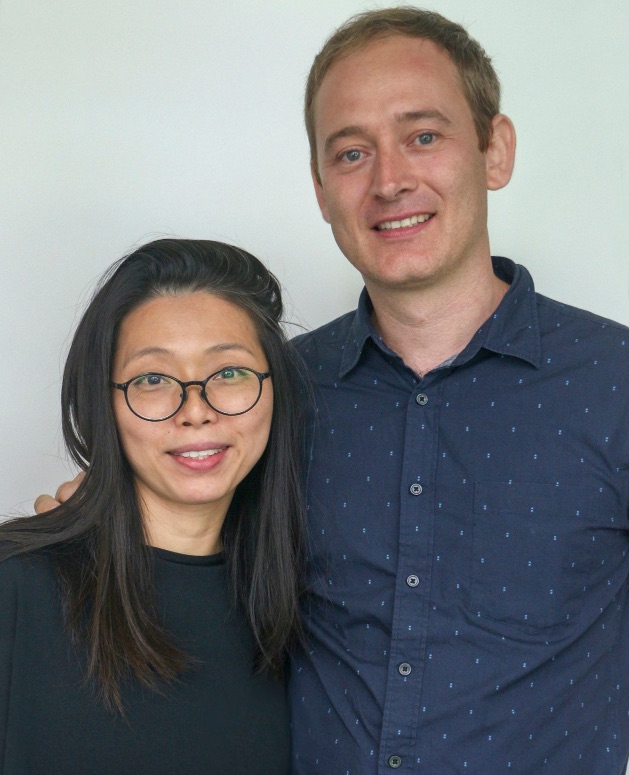
So when I heard Ginlee Studio’s circular initiative, _/\/\/\ake O, I jumped at the chance. The homegrown design studio, founded in 2011 by designers Gin Lee & Tamir Niv, has been making pieces that combine aesthetically-pleasing and functional design. Instead of rapidly churning out garments, Ginlee’s clothes are thoughtfully designed to flatter the female form using 3D elements such as pleats.
Going full circle
The initiative, which involves four hands-on workshops and experiences, is a way to get people to be involved in the circular fashion scene and to show how unwanted materials such as offcuts and preloved clothes can be transformed into uniquely re-designed bags and accessories.
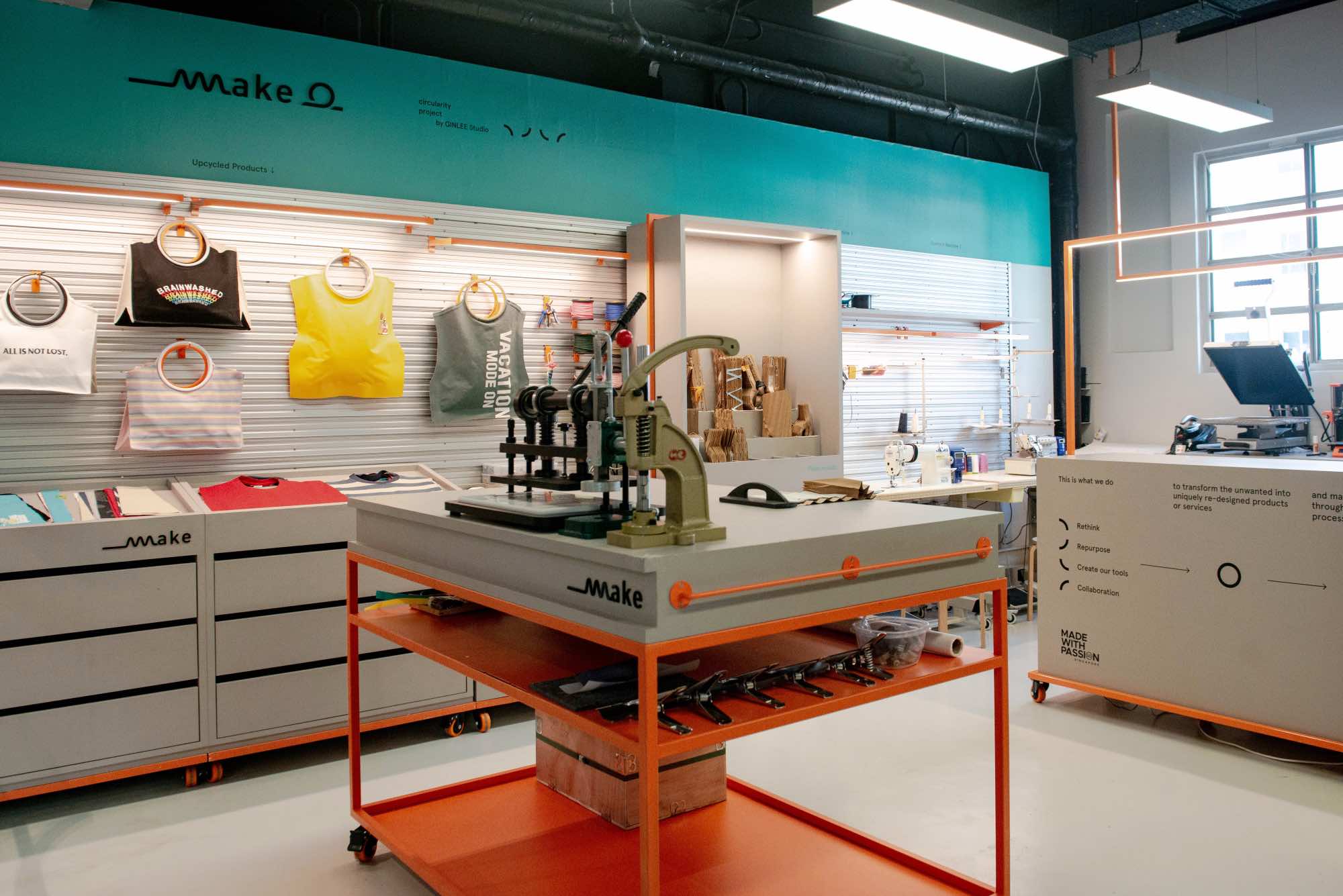
There is cOts, short for “coloured on the spot”. This is an on-demand process where a textile printer is used to print colour on a ready-made textile. This helps to reduce waste from unsold merchandise due to inaccurate projection.
The other is pOcuts, which are utility pockets that are die-cut with a pre-designed template (three shapes are available: lanyard, keyholder and pocket). These pockets, which are salvaged from the offcuts to encourage a zero-waste design, can be attached to bags and easily snapped on and off with the 3D-printed recycled filament for flexibility of placement and longer use. The making of cOts and pOcuts are offered as a single one and a half hour experience.
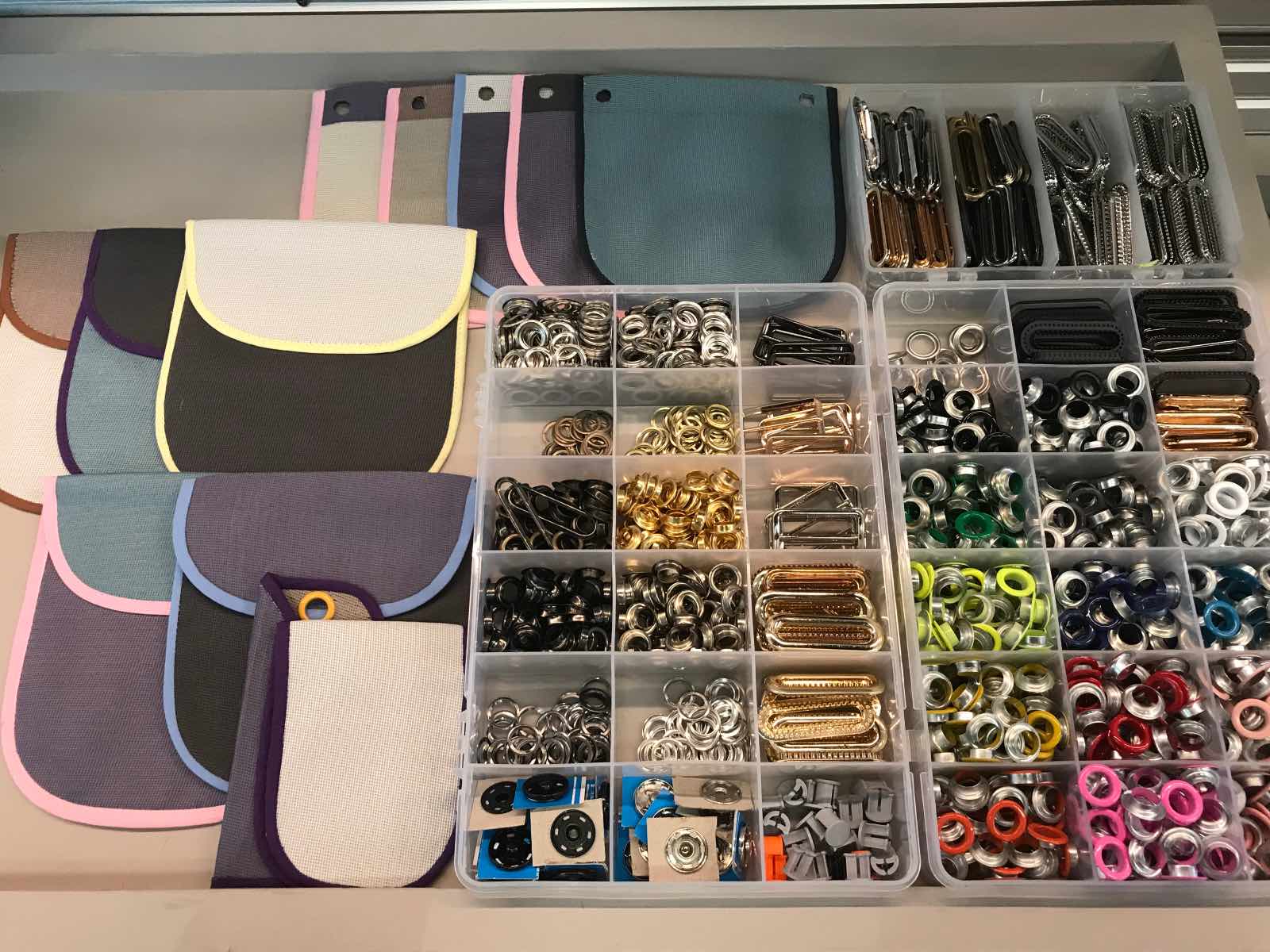
O Fix It allows customers to bring their apparel that need repair and resizing to ensure their longevity across different seasons in their lives. Tee-tO-Bag, available in two sizes and shapes, caters to customers who are keen to repurpose unwanted t-shirts into a Tee Bag for daily use. Even the bag handles are 3D-printed which allow for easier assembly and disassembly.
It’s an acknowledgement of the pressing issue of textile waste in the fashion industry, and to support the Singapore Green Plan 2030. “This is also a reminder to us that even recycling materials should be our last resort. With _/\/\/\ake O workshops, we are introducing ways for customers to reimagine a world with zero waste through circular production, and appreciate the innovative design process,” says Lee.
Making and assembling my bag
The Tee-tO-Bag Experience was perfect for my used T-shirt, one that had a heartfelt line from a song that resonated with me. I would be turning it into a tote bag, something “new” and useful for my daily activities (you can also opt for other designs).
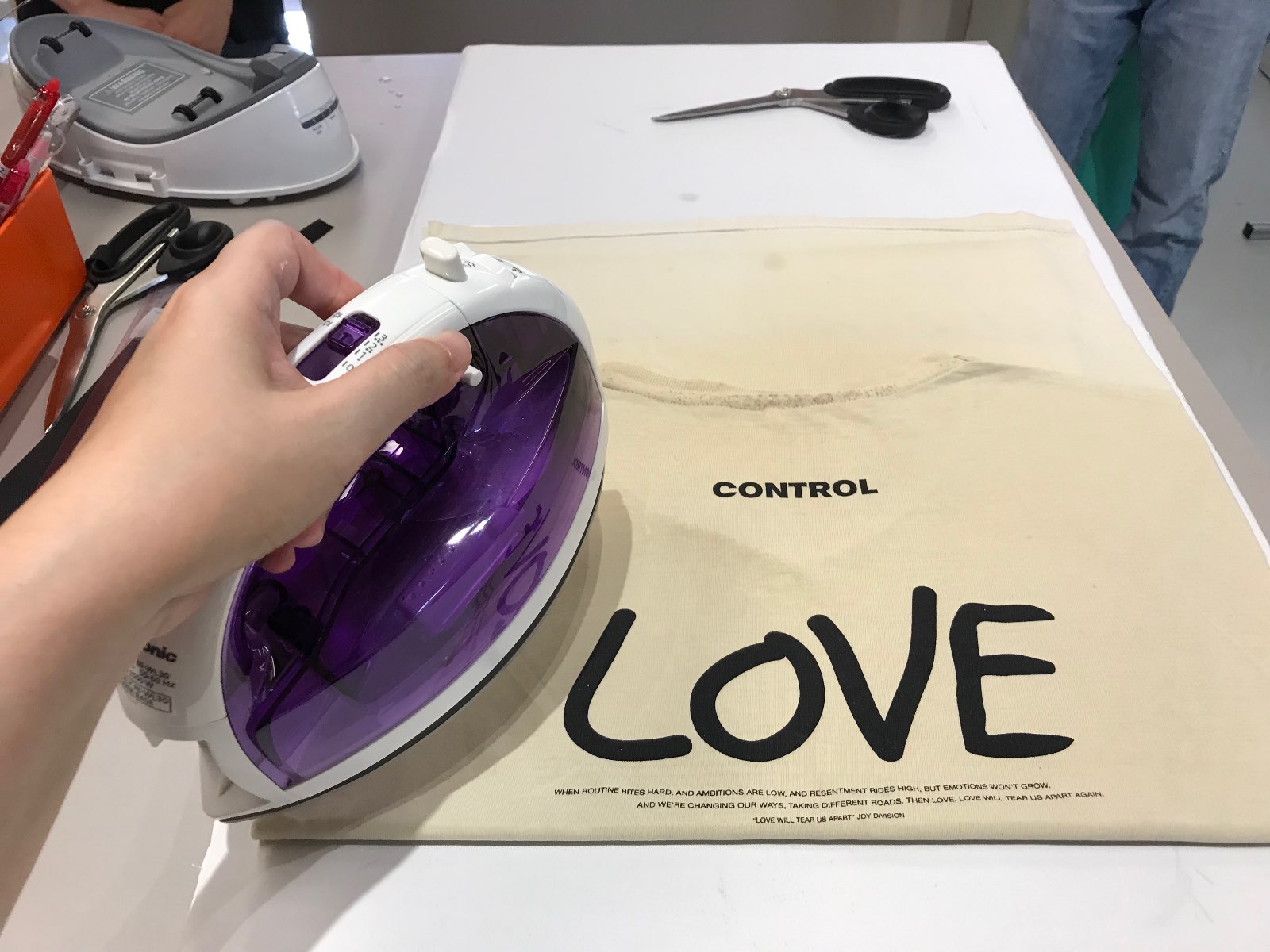
Conducted at the MAKE Studio at National Design Studio, the workshop lasted about two hours but it was time well spent. First, I had to choose the colour of my straps and piping. That was the easy part. Then I had to fold and iron the shirt (nobody wants a wrinkly tote bag), and cut the sleeves off – with a little help from Ginn Lee herself and the friendly staff.
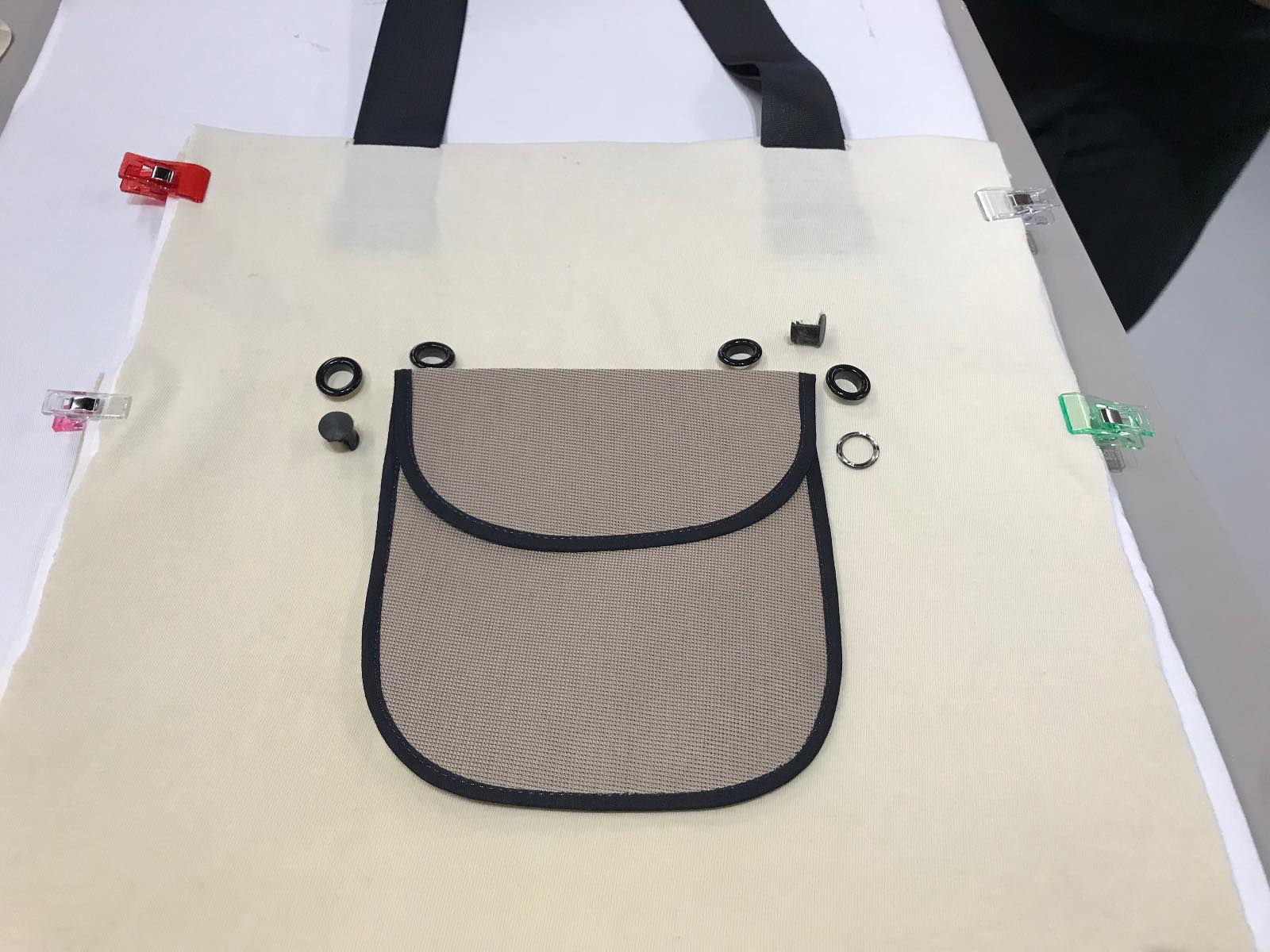
Other steps include carefully placing sheets of iron-on mending fabric and pressing it into place, placing the straps, and attaching the pocket, buttons and grommets onto the bag. The final stage involved some quick sewing by an assistant before the final product was ready.
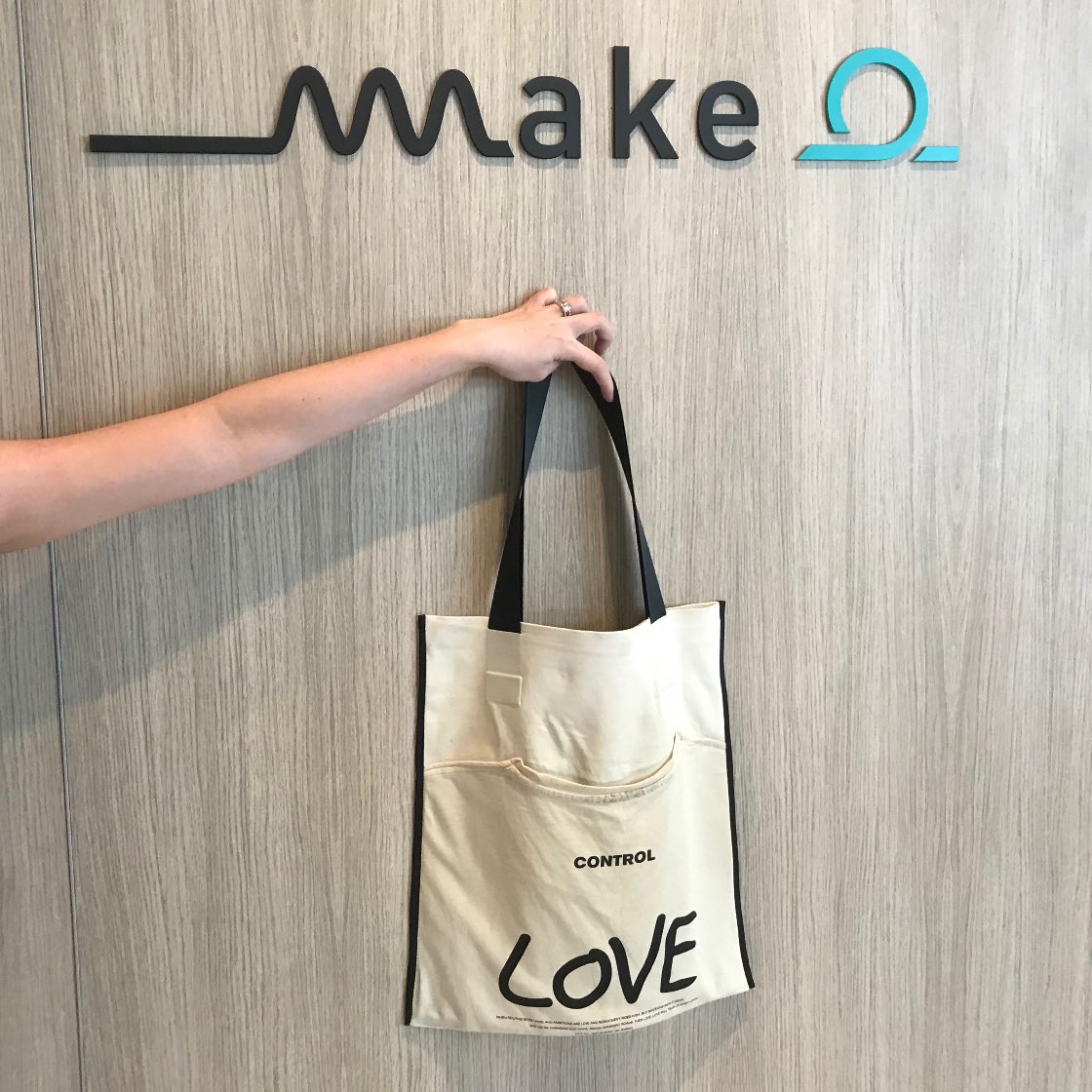
Having my very own Tee Bag was a delight. There were slight imperfections due to the material but I was more than happy to have it as a usable bag.
When asked about the type of shirts customers should bring, Lee was reluctant to place any restrictions except that they have to be clean. “We work with what we have,” she says. “We see and adapt. It pushes you to think differently to achieve the final result, a thoughtful and design-led product.”




